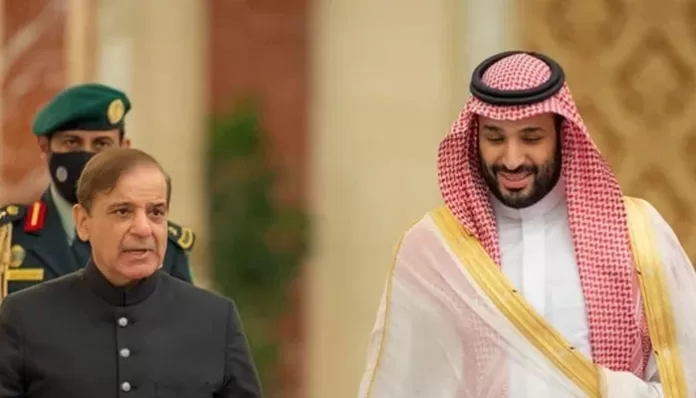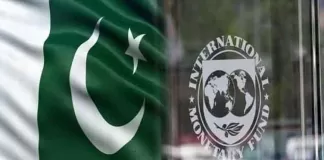According to Federal Minister Ishaq Dar, Saudi Arabia has provided a huge financial boost of $2 billion to Pakistan’s central bank. This influx of cash will significantly increase the nation’s low foreign exchange reserves.
Dar expressed gratitude at a media briefing on Tuesday, saying, “Our brother nation, Saudi Arabia, has deposited $2 billion into the account of the State Bank of Pakistan (SBP).” He emphasized once more how this donation will immediately increase Pakistan’s foreign exchange reserves.
The SBP’s foreign exchange reserves increased by $393 million to $4.463 billion at the end of the previous week, mostly as a result of official government inflows. The SBP’s reserves have increased by $937 million over the last two weeks. It is significant to remember that these reserves still only adequately cover one month’s worth of imports.
According to Dar, “These $2 billion will be reflected in the SBP’s reserves by the week ending 14th July.” The Saudi authorities, in particular King Salman and Crown Prince Mohammad bin Salman, were praised by the finance minister for their crucial contribution to this show of support. Dar conveyed his sincere gratitude to the Saudi government for depositing $2 billion with the SBP and expressed hope for next prosperous economic growth. He proclaimed that Pakistan’s economy is almost at a point of stabilization and is ready for growth.
This development comes after the International Monetary Fund (IMF) recently reported that its staff and the Pakistani government had reached an understanding on policies that would be supported by a $3 billion, nine-month Stand-By Arrangement (SBA). The IMF Executive Board has not yet decided whether to approve the staff-level agreement; a decision is anticipated on July 12.
Also Read
The new SBA “builds upon the authorities’ efforts under Pakistan’s 2019 EFF-supported program, which expires at the end of June,” according to Nathan Porter, IMF Mission Chief to Pakistan. The new IMF agreement extends Pakistan’s commitment to the lender well into the second half of fiscal year 2023–2024, which is seen as highly advantageous for the government and economy in light of the current crisis. Additionally, it reflects an improvement over earlier projections of getting $1.1 billion after the ninth review.
Resuming the IMF rescue package for Pakistan, a cash-strapped South Asian nation struggling with a balance of payments problem, has repeatedly been emphasized by experts as being vital. The money from the international lender is anticipated to open the door for future inflows from Pakistan’s multilateral and bilateral partners in addition to reducing the likelihood of a potential default.





